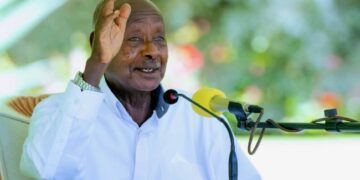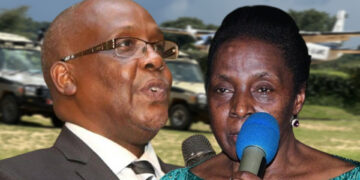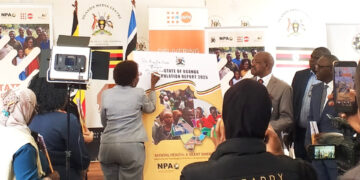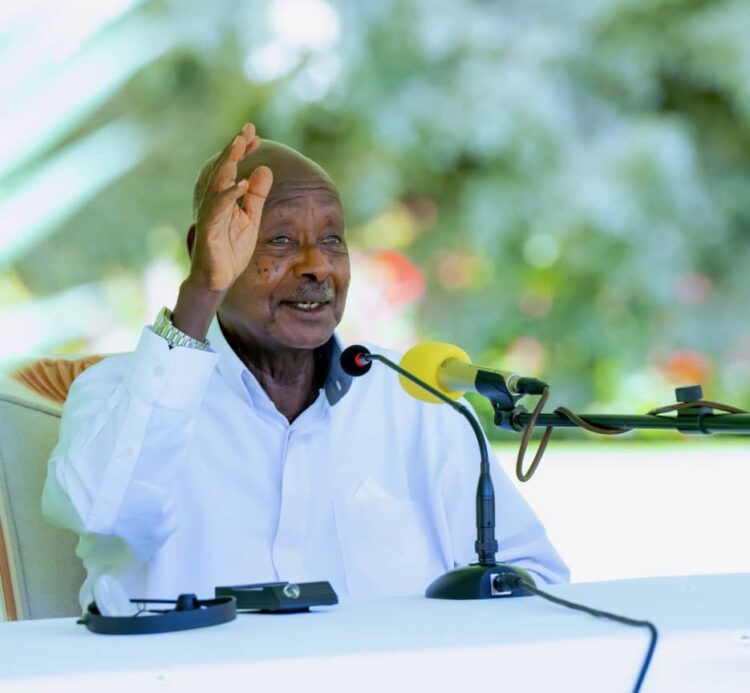By Leonard Kamugisha Akida,
ENTEBBE
Ugandan President Yoweri Museveni has rebuffed what he described as external attempts to impose foreign ideologies on the country’s education system, taking a firm stance against comprehensive sex education and threatening to withdraw Uganda from the recently adopted Samoa Agreement.
Addressing delegates at the Third African Inter-Parliamentary Conference on Family and Sovereignty at State House on Friday, Museveni dismissed comprehensive sex education as “madness,” and reaffirmed his commitment to preserving what he termed “African values.”
“Our traditions provide proper guidance on morality based on age. There’s no need for this imported madness,” Museveni said, warning that Uganda would not allow foreign influence to dictate the moral direction of its society.
The President’s remarks were made in the context of broader criticism against the Samoa Agreement, a framework pact signed between the Organisation of African, Caribbean and Pacific States (OACPS) and the European Union. The agreement, which provisionally came into force in January 2024, aims to address global challenges such as climate change, economic development, and human rights, including sexual and reproductive rights.
Museveni raised alarms about clauses he said promote reproductive rights and same-sex marriage, which he believes conflict with Uganda’s legal and cultural norms.
“I appeal to you, now that you are here, and our lawyers are here, study that Samoa document,” he told the gathering. “If it really contains all those things — the reproductive rights, what have you — then we shall have to pull out from that nonsense, and tell the European Union that we cannot be part of that criminality.”
The President’s remarks reflect growing resistance across parts of Africa toward international frameworks perceived to infringe upon national sovereignty, particularly in relation to social and cultural issues. Uganda’s anti-homosexuality legislation, already a flashpoint for international criticism and donor tension, underscores the sensitivity around such policy intersections.
The Samoa Agreement has ignited similar debates among other OACPS member states, with critics arguing that it could be used as a lever to influence domestic legislation on contentious issues. EU officials have maintained that the agreement promotes dialogue and mutual respect among its signatories.
As scrutiny of the agreement continues, Museveni’s threat to withdraw places Uganda at the centre of an escalating debate over the balance between international cooperation and cultural autonomy.








































